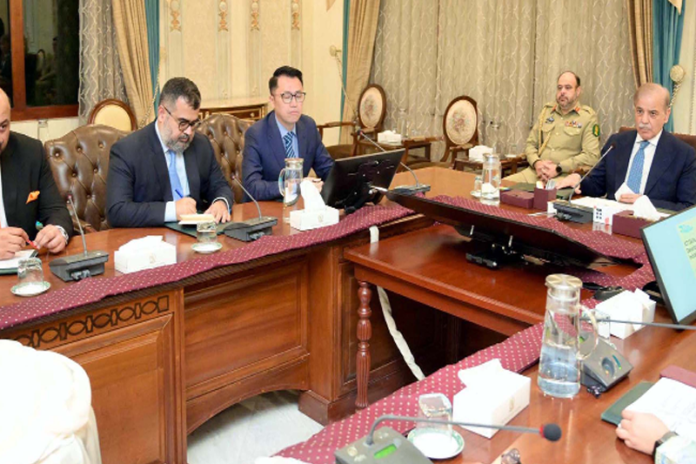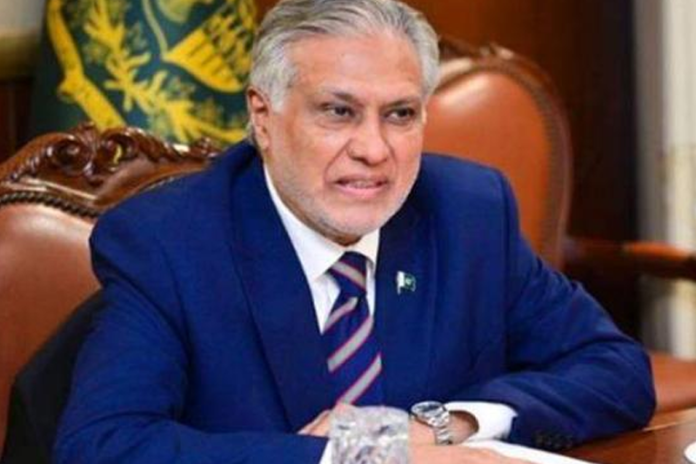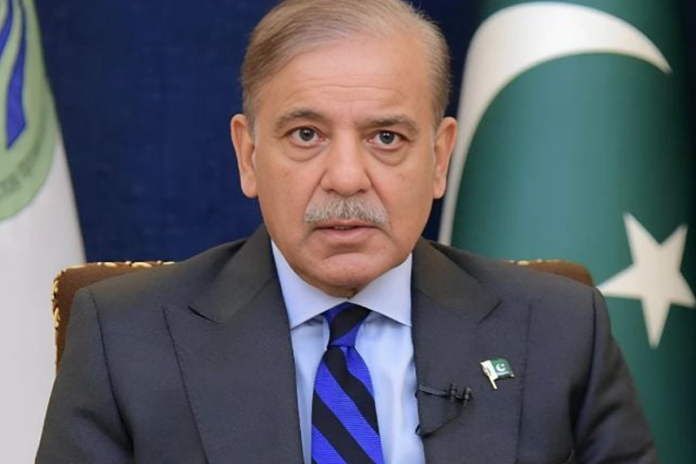The much-needed austerity drive

- 188
- 0
To deal with the worsening economic situation, the federal government has decided to reduce its expenditure, which includes downsizing the administrative structure and bringing a new pension scheme.
The work on this plan began on Wednesday with the formation of a seven-member committee, which includes top Planning Commission officials and three federal secretaries.
Four-point TROs have also been formulated to reduce expenditure. The National Committee will also review the reports of all the commissions formed so far, the progress for right and downsizing, after which a strategy and implementation plan will be set up to ensure the implementation of all the recommendations within the stipulated period. The required recommendations will be prepared and presented to the Prime Minister in seven days.
It may be mentioned here that the previous governments have also announced to reduce government expenditure,
In January 2023, the PDM government had announced a 15-member austerity committee in terms of reducing the financial deficit and government expenditure.
The committee was formed and it was given a target to submit proposals in 15 days. The previous PDM government had rightly taken the decision to slash the petrol quota of Ministers, bureaucrats and other officials by fifty per cent.
The provincial and the local governments had also started following the example of the central government by looking at their finances through a new lens after the rise in petrol prices and announcing substantial cut in fuel quotas.
In fact, austerity is not an initiative it is has become binding upon us in the current economic challenges that the country is faced with.
During the PTI era, work was started on reducing government expenditure at the Punjab level.
The fact is that the terms of the loans given to Pakistan by the IMF are very strict. The revenue collection targets given in the last five years by making the conditions more and more stringent, the entire burden has fallen on the small and middle class and they can no longer afford to sacrifice.
The recent move therefore seems to be of extraordinary importance. It has to withdraw all the unnecessary facilities from the privileged class, which amount to hundreds of billions of rupees. If these measures are successful, the possible demands of the IMF can be met and help in the construction of the economic structure without defects. Financial experts say that the government should make an effective policy especially taking effective measures to put the economy back on its feet through austerity policies with the help of friendly countries. In fact , time has come that each and every government department should explore every possibility and option for overcoming the expense though curtailments of non-development budget and enforce the reduction in unnecessary budgets in use of public money.
Time has come for reducing the ever-widening gap between the lifestyles of our ruling elite and the masses.
The seemingly lavish lifestyles give the impression of wasting the government resources which mainly come from the direct or indirect taxes paid by the masses, so these lifestyles must be altered.
Democracy about serving the masses and not ruling them as our ruling elite does.
Right now, the situation is such that not only the government but also the people have to think more about living within their means.
In order to come our of the economic crisis, the Government should present reasonable and comprehensible practical programs to the nation instead of making impractical claims in this regard.
The biggest challenge for the new government is the economy and the burden of its performance has fallen on the shoulders of Finance Minister.
At present, the economic risks include macroeconomic imbalances, increasing internal and external and revolving debts, loss-making companies and institutions, environmental degradation, transparency in the tax system, public-private partnerships, energy and inflation, etc.
Instead of targets, practical management measures are required. The new finance minister has been mobilized without wasting time to improve the financial condition of the country.
In an interview, he openly identified the economic problems and highlighted the concrete measures to solve them.
He said that the model of development should be changed and the government should fix its own house first.
We have to move away from imports to exports. The formula of rolling over by taking loans from friendly countries will not work, now we will invest instead of aid from them.
He has proposed to increase tax to GDP exports, reduce revolving debt, digitize FBR to prevent revenue leakage, create special economic zones, bring macroeconomic stability, privatize PIA and electricity distribution companies, sell bonds. He expressed commitment to bring in money, increase agricultural production, invest in private sector through SIFC and develop IT sector.
He said that in PSDP we have to go towards public private sector and in this regard the Sindh government's formula is worth emulating.
The Finance Minister is absolutely correct in saying that now we have to move towards implementation of targets and proper management and he has started working on that.
A bright economic future can be expected if these measures are implemented.
In the wake of unprecedented financial crisis upon the nation, time has come for an all-out austerity drive to overcome the situation to some extent. However, adopting, implementing and enforcing such measures will be a litmus test for the abilities of the new govt, which in the past had successfully slashed the fuel quota of govt Ministers, bureaucrats, and officials as first major drive to overcome govt expenses.
There is no denying that the financial health of the government institutions is not in good condition and time has come to take a detailed view of the situation and enforce remedies accordingly.
In fact, by setting their own house right, the government will be able to take the masses into confidence as the public will get the message that it is not the public alone to face the face the axe as the government ministers and bureaucrats are also bearing the brunt of the situation due to financial belt-tightening.
Published in The Daily National Courier, March, 16 2024
Like Business on Facebook, follow @DailyNCourier on Twitter to stay informed and join in the conversation.

















































